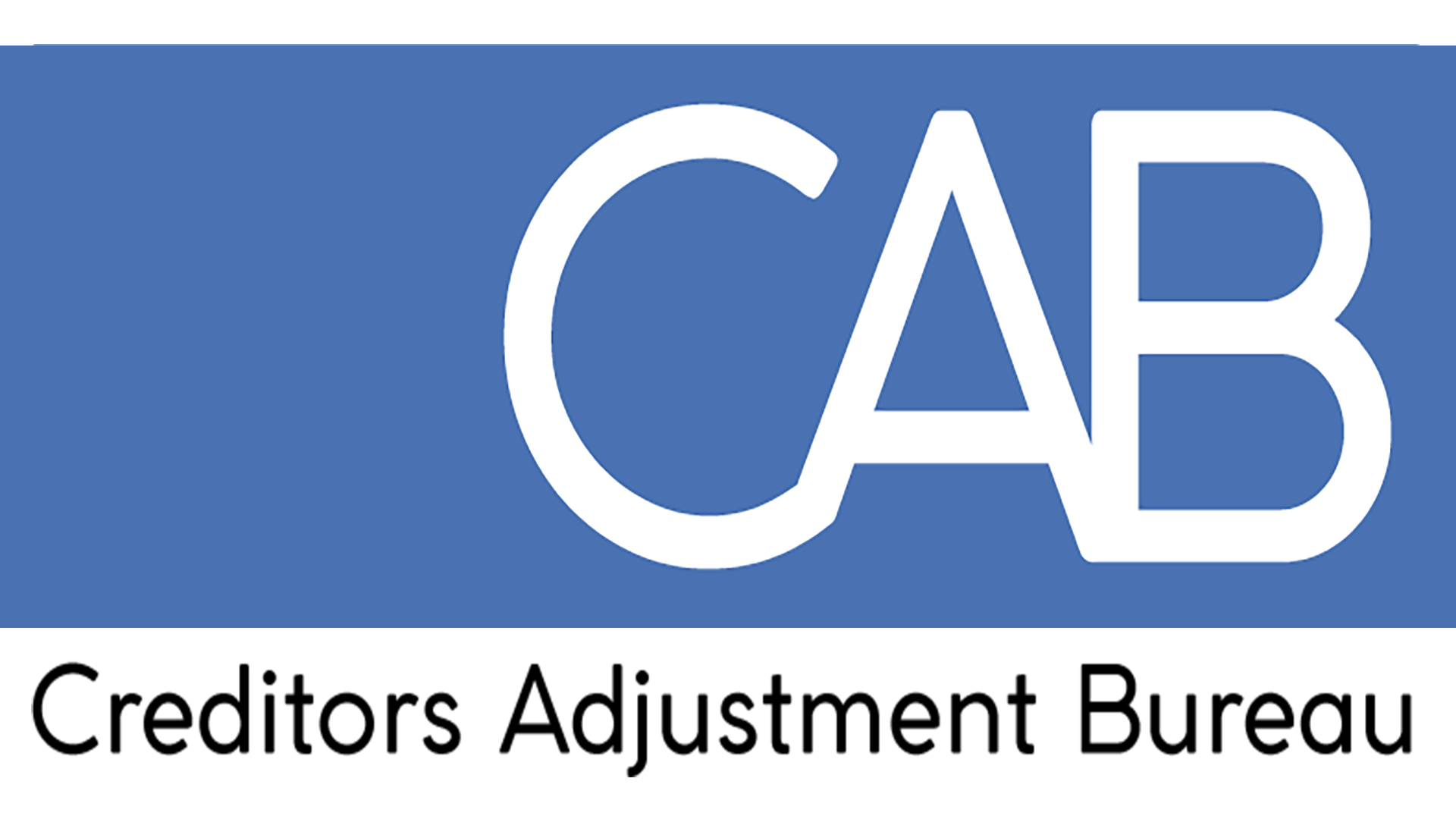Total Card Debt Expected to
Hit All-Time Record
With inflation running higher than it has in more than 40 years, Americans are beginning to rely on plastic more than ever.
Continually rising costs of necessities is causing more Americans to depend on credit cards to make ends meet. Ted Rossman, a senior industry analyst at CreditCards.com, believes that total card debt will likely hit an all-time record sometime this summer. What effect will this debt have on the economy as a whole and on businesses in particular?
Tables Are Turning
The current situation is a reversal of what occurred at the height of the pandemic, when Americans used stimulus checks to pay off a record $83 billion in credit card debt.

Living Paycheck
to Paycheck
Research conducted by PYMNTS.com in February 2022 revealed that 62% of the American adult population lives paycheck to paycheck. This figure includes half of all consumers who earn more than $100,000 annually.
This study also found that those who earn $100K maintain an average savings of about $11,000. However, paycheck-to-paycheck consumers who earn $50,000 or less have average savings of only $788.
In addition to the stimulus money, pandemic-related forbearance and deferral programs for mortgages or student loans allowed households to apply these funds toward credit card debt.
But now, after paying these cards off, many Americans are diving back into debt due to soaring inflation.
The latest report from the Federal Reserve Bank of New York revealed that credit card balances are $71 billion higher than they were for the first quarter of 2021. In addition, the balances on new credit card accounts reached $229 million – higher than pre-pandemic levels.
In the short term, the higher credit card usage means increased revenues for businesses. But over the long term, the higher cost of goods brought on by interest charges can result in reduced revenues.
Delinquencies Increasing
A recent TransUnion study found that credit card delinquencies and defaults are increasing among non-prime borrowers (individuals with credit scores below 660). The credit card delinquency rate is projected to reach around 8.4% by the first quarter of next year.
Prime borrowers (those with credit scores above 660) were also found to be carrying a heavier month-to-month credit card debt burden than in the past two years, according to TransUnion.
As more Americans default on credit cards, fewer creditors will be willing to do business with them. This can result in a reduction of borrowing overall, curtailing revenue for businesses throughout the economy.
And yet, with the price of gasoline, groceries, and just about everything else eating into a finite amount of available cash, credit cards are often viewed as a lifeline. But at what cost?
Climbing Interest Rates
The average credit card balance was $5,525 in 2021, according to Experian, with an interest rate of about 16.4%. But as the Federal Reserve continues to hike interest rates in an effort to ease inflation, those balances keep rising.
With additional federal interest rate hikes expected this year, Rossman predicts the average credit card interest rate to exceed 18%. This means that non-prime borrowers, who may already be paying as much as 24% APR, can also expect rate increases.
–Article Continues Below–

What It Means for Your Business
Rampant inflation increases the risk of customers defaulting on debts. If your customers are other businesses, you also are at risk, as these businesses rely on consumers.
Companies that acquire a large proportion of their sales through credit cards can experience drops in revenue when their customers default on these debts. The more vulnerable a business is to consumer debt, the more likely it won’t be able meet its own financial obligations.
Which is why this period of high inflation is a good time to partner with CAB. Let our collection professionals carry this debt recovery burden for you, so you can focus on what you do best: operating a profitable business.
Sources:
Featured Image: Adobe, License Granted
Reuters
New York Federal Reserve
Time
The National Desk
Nerd Wallet
Harvard Business Review

